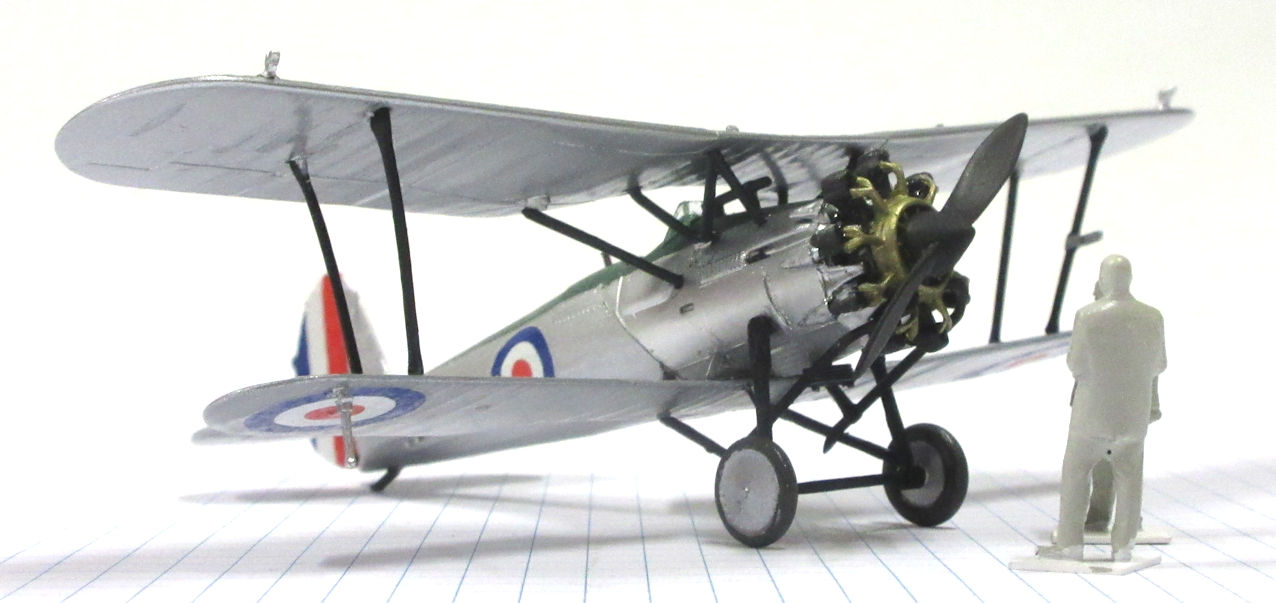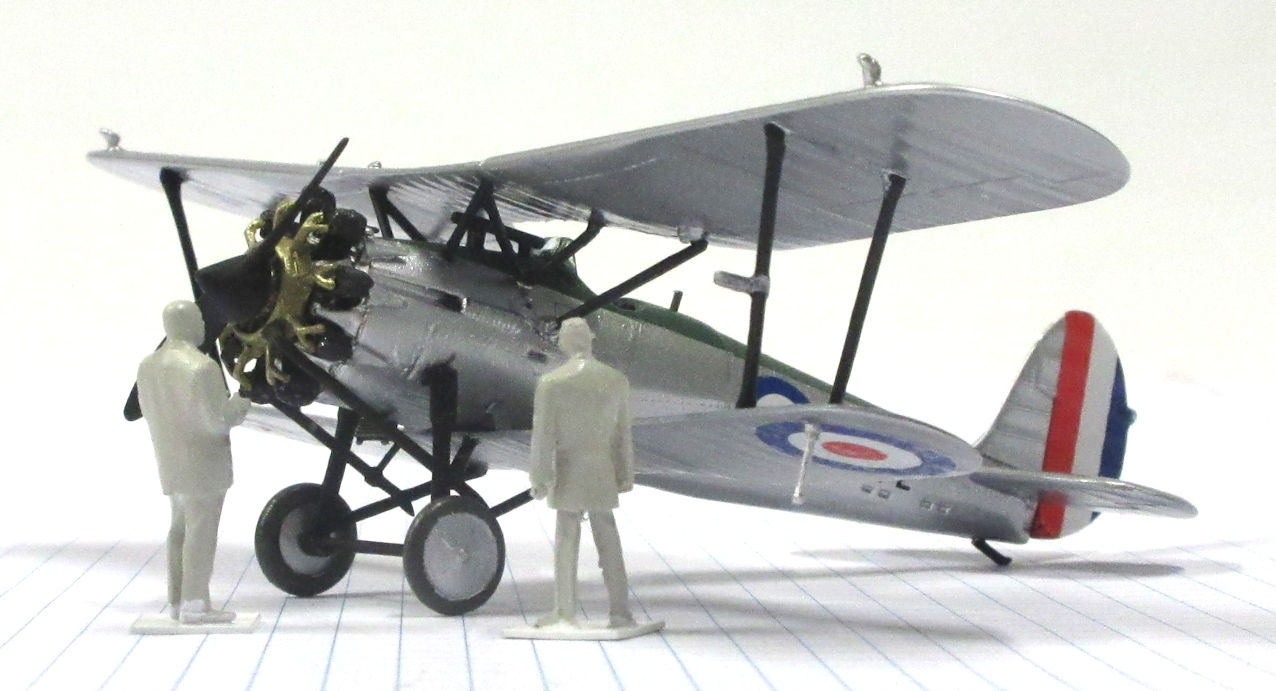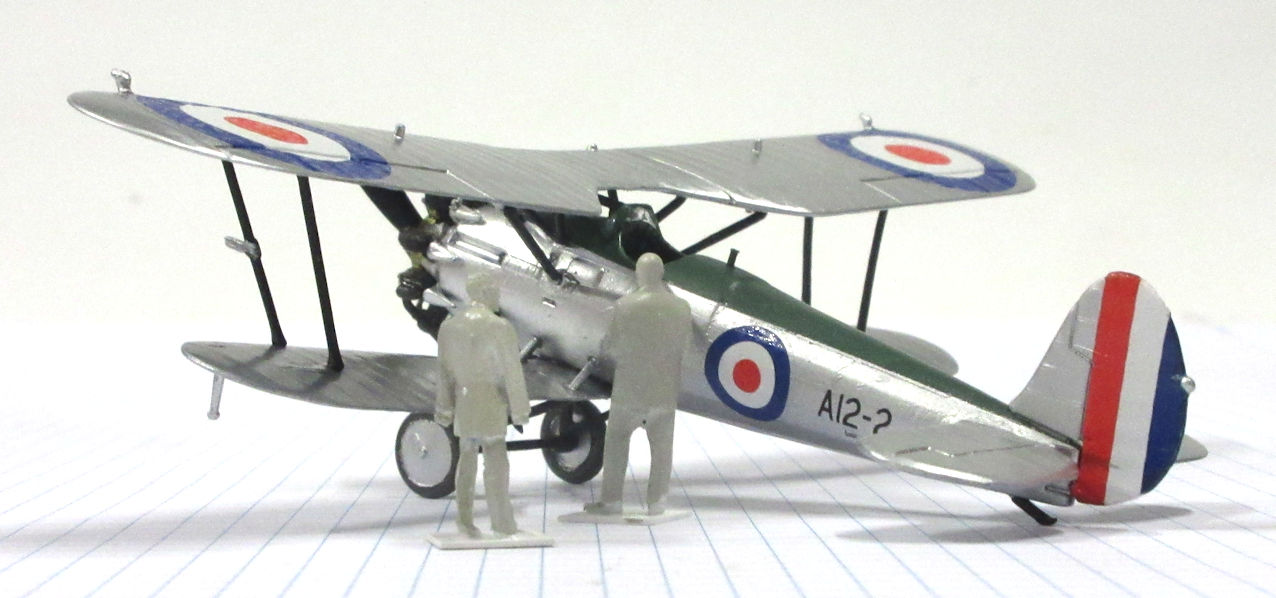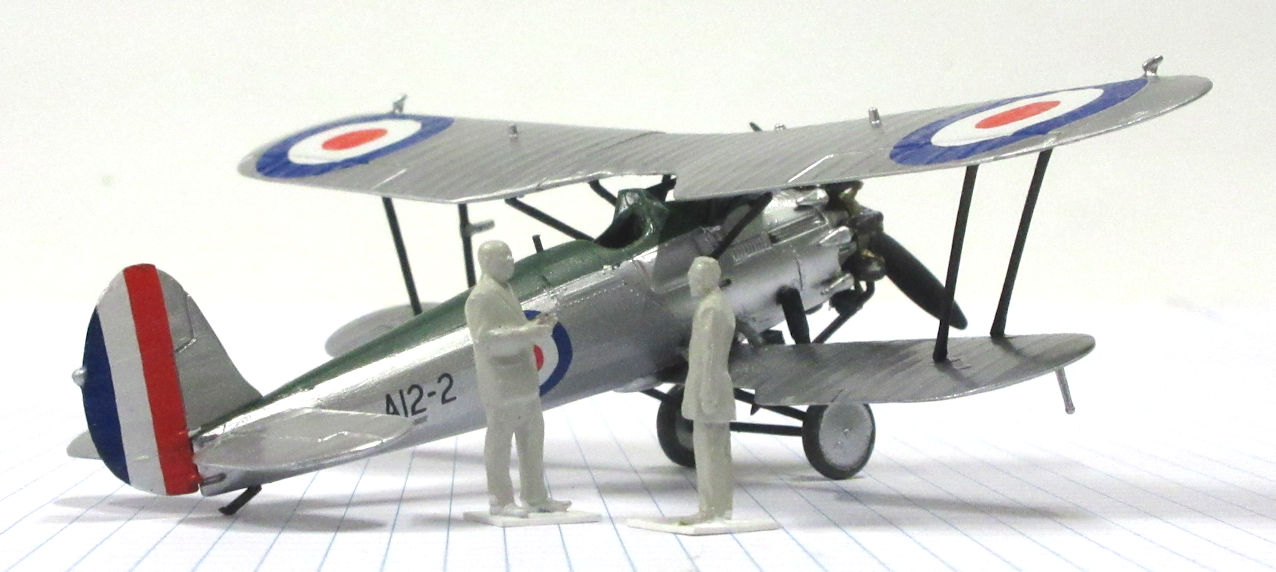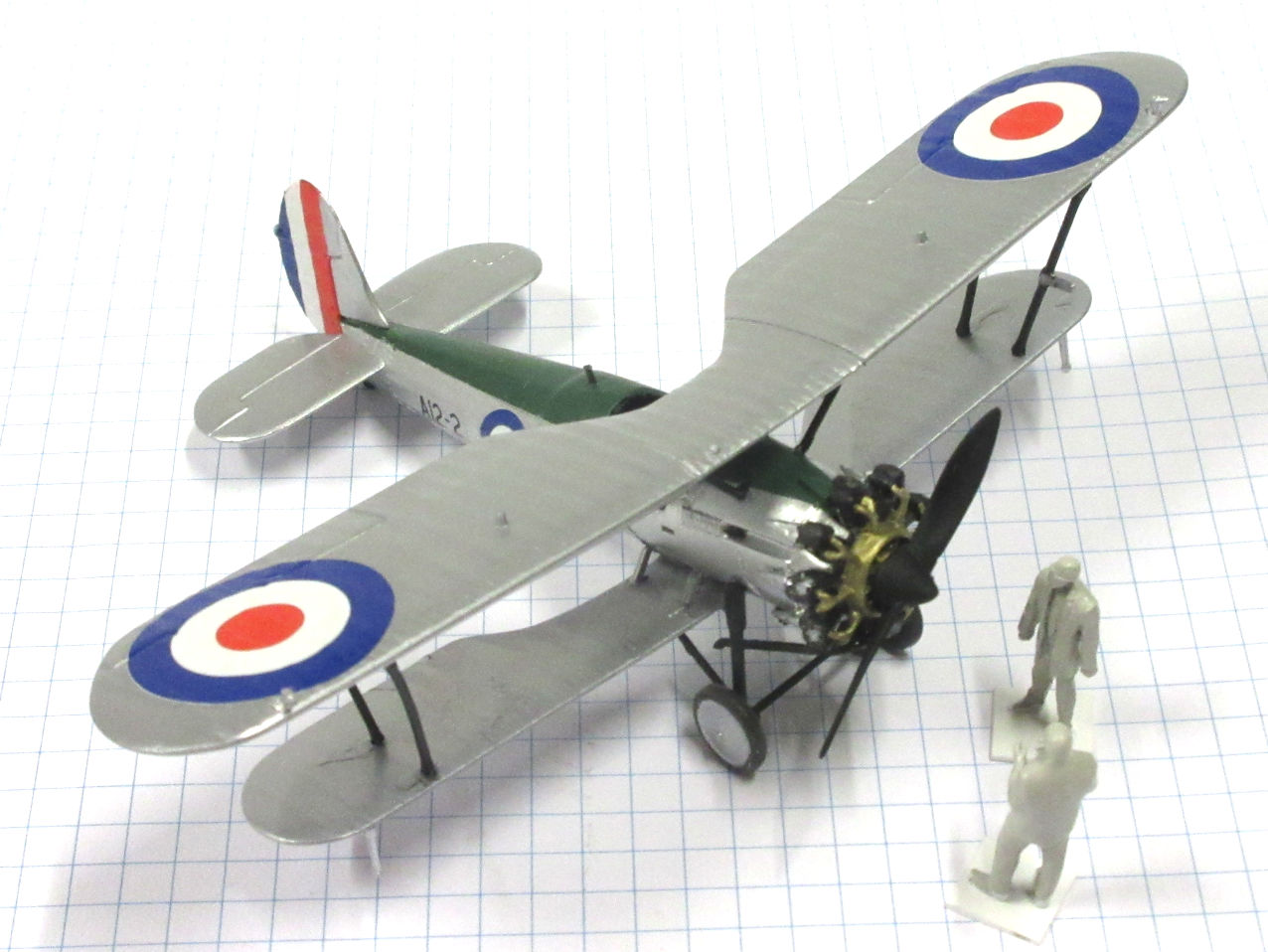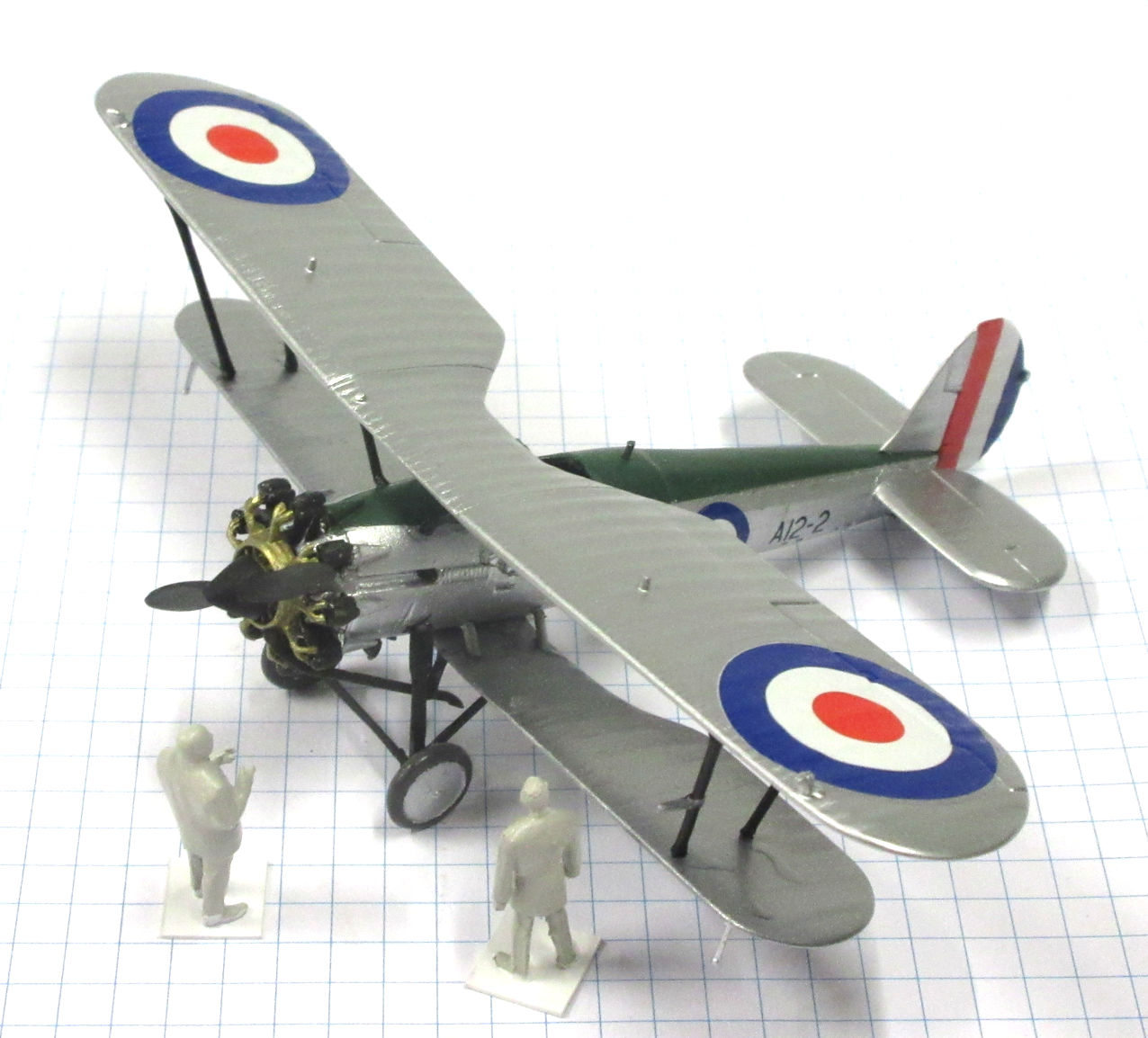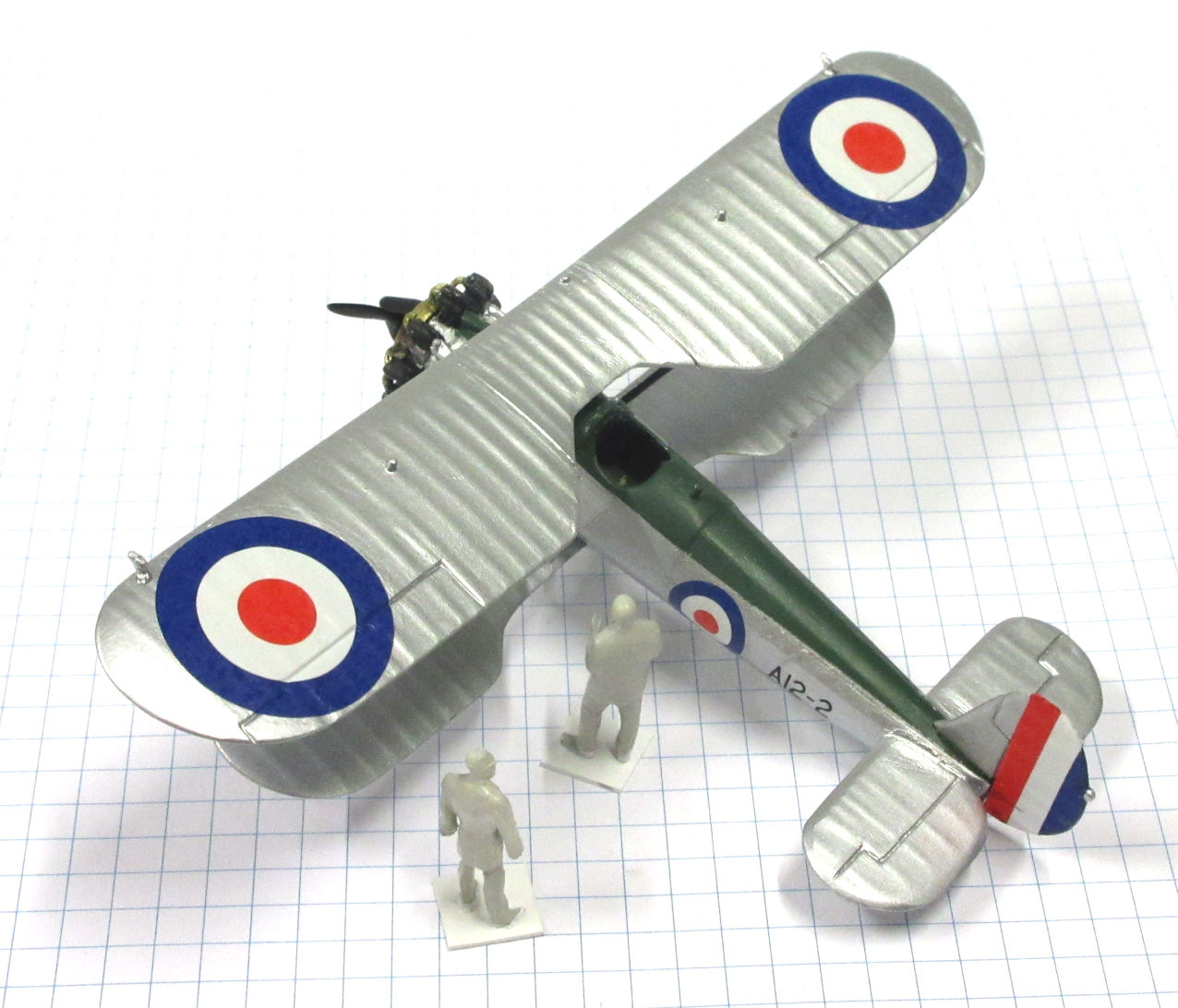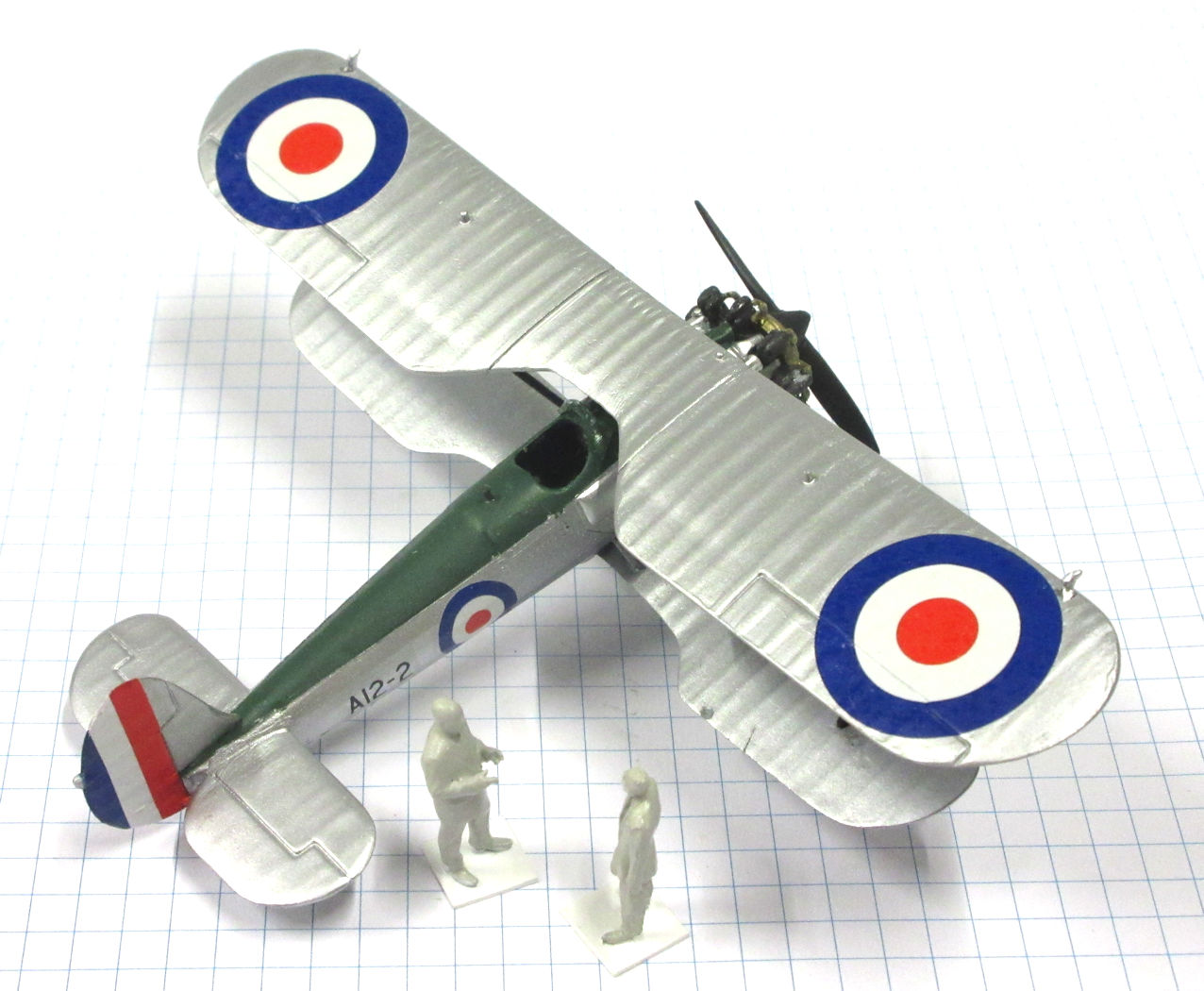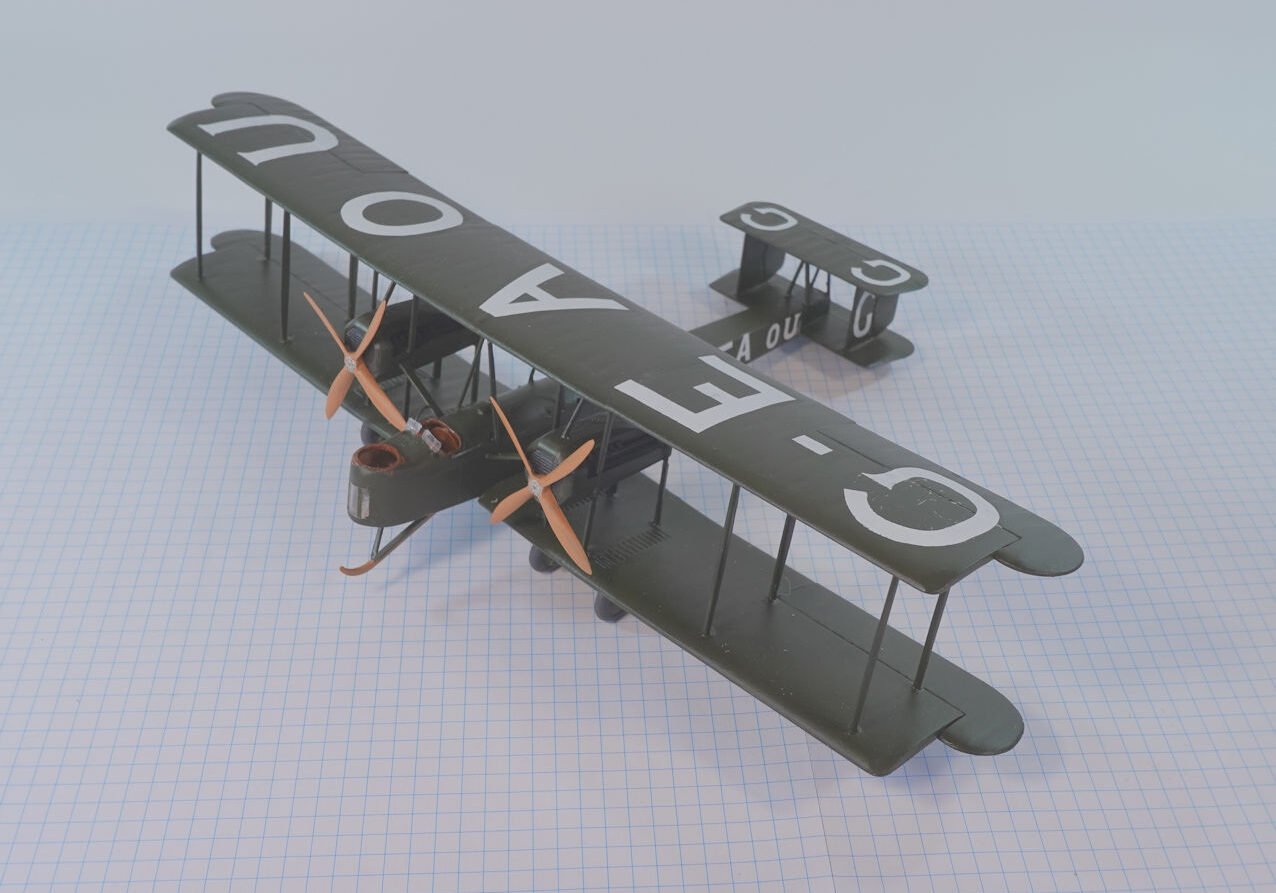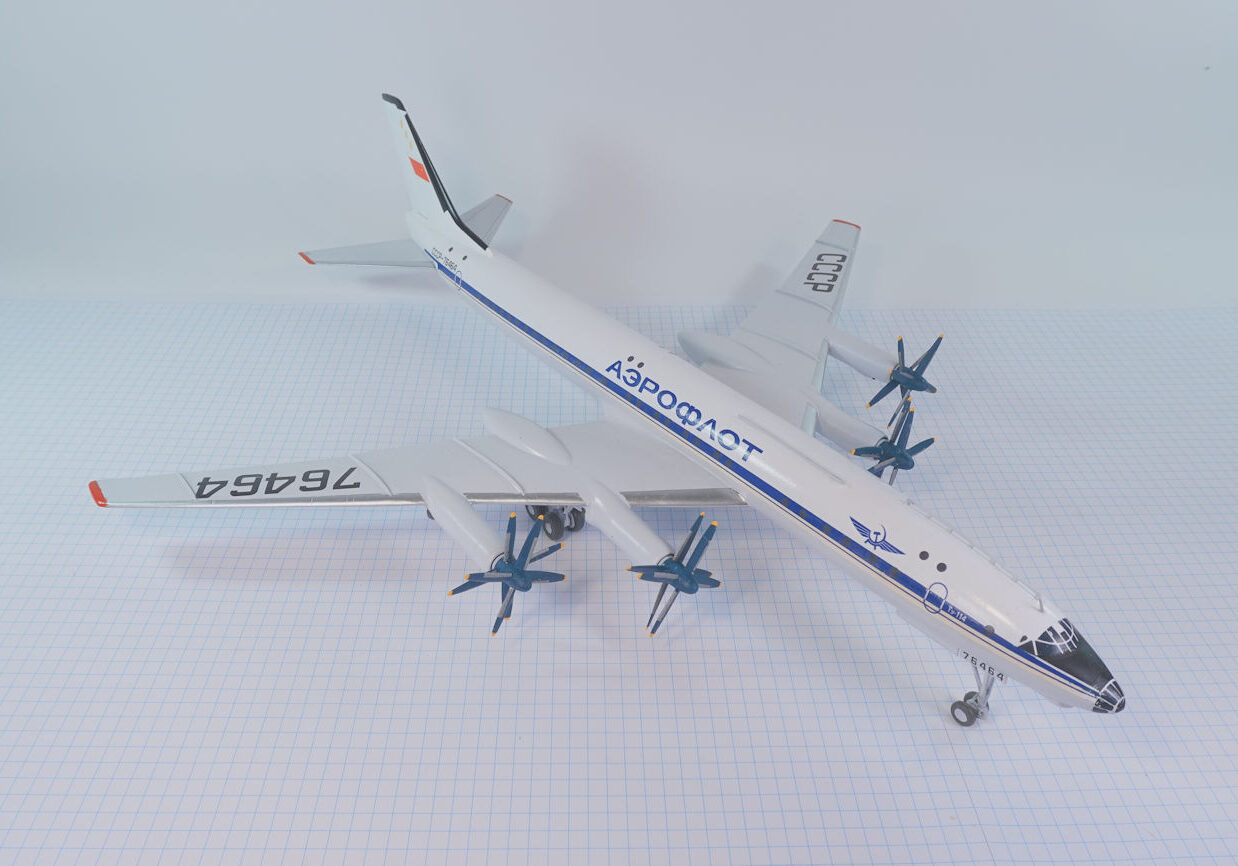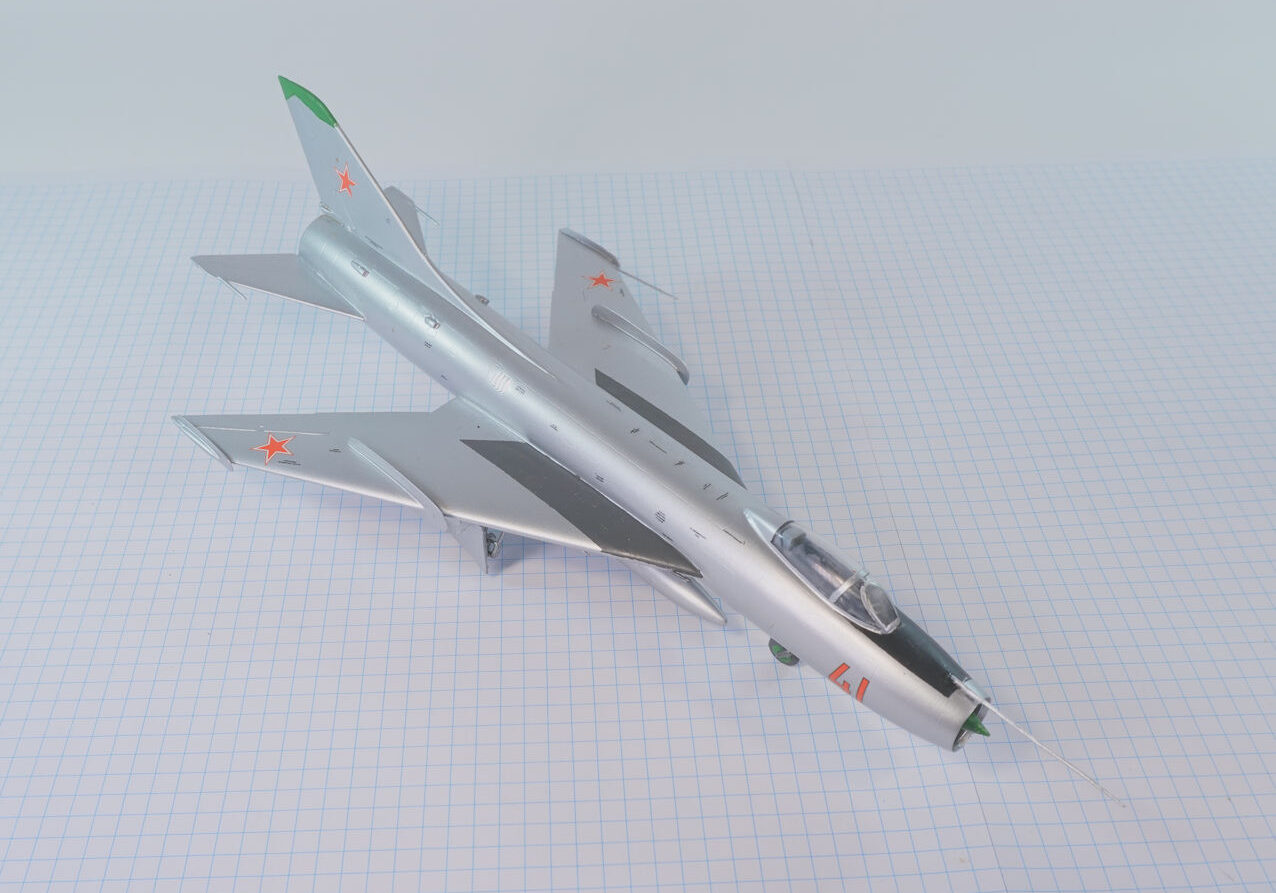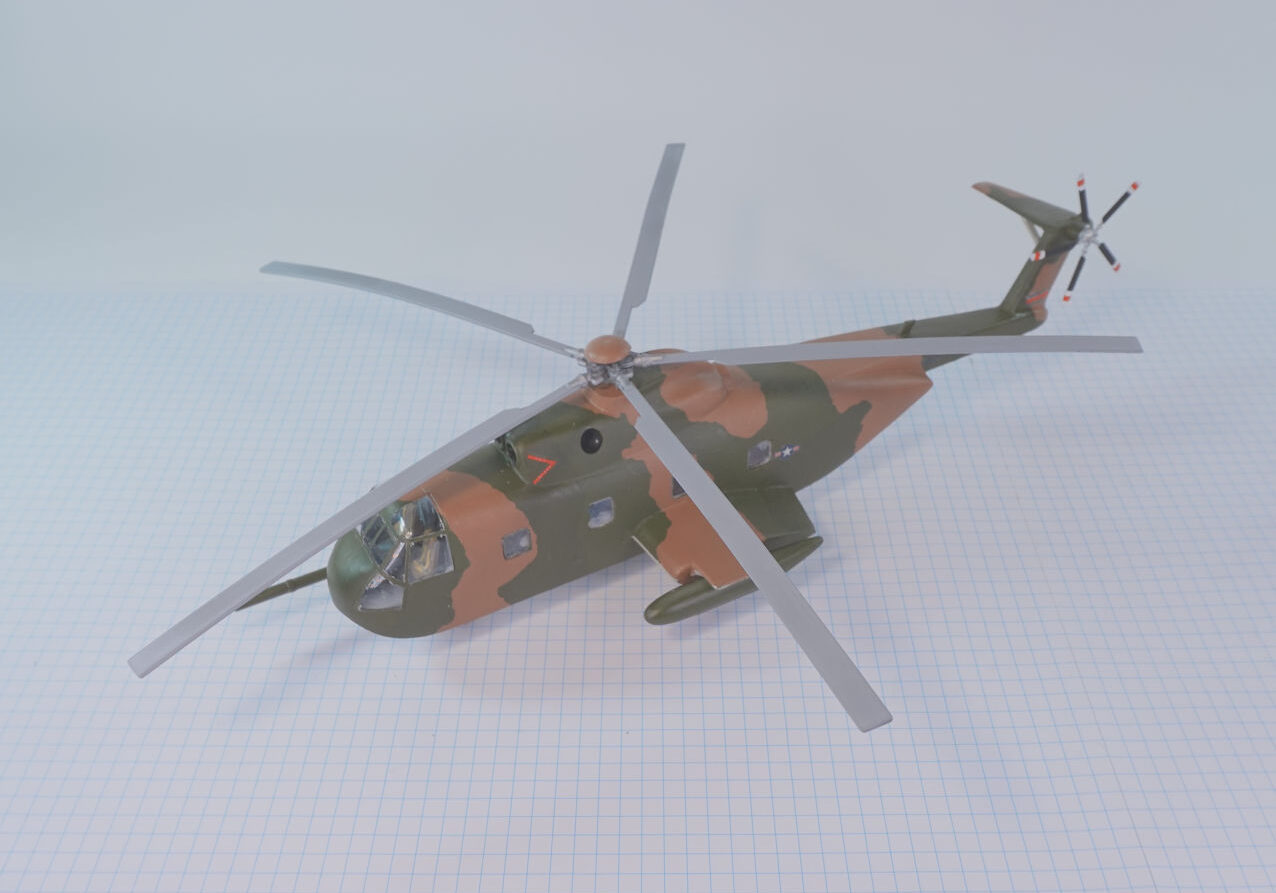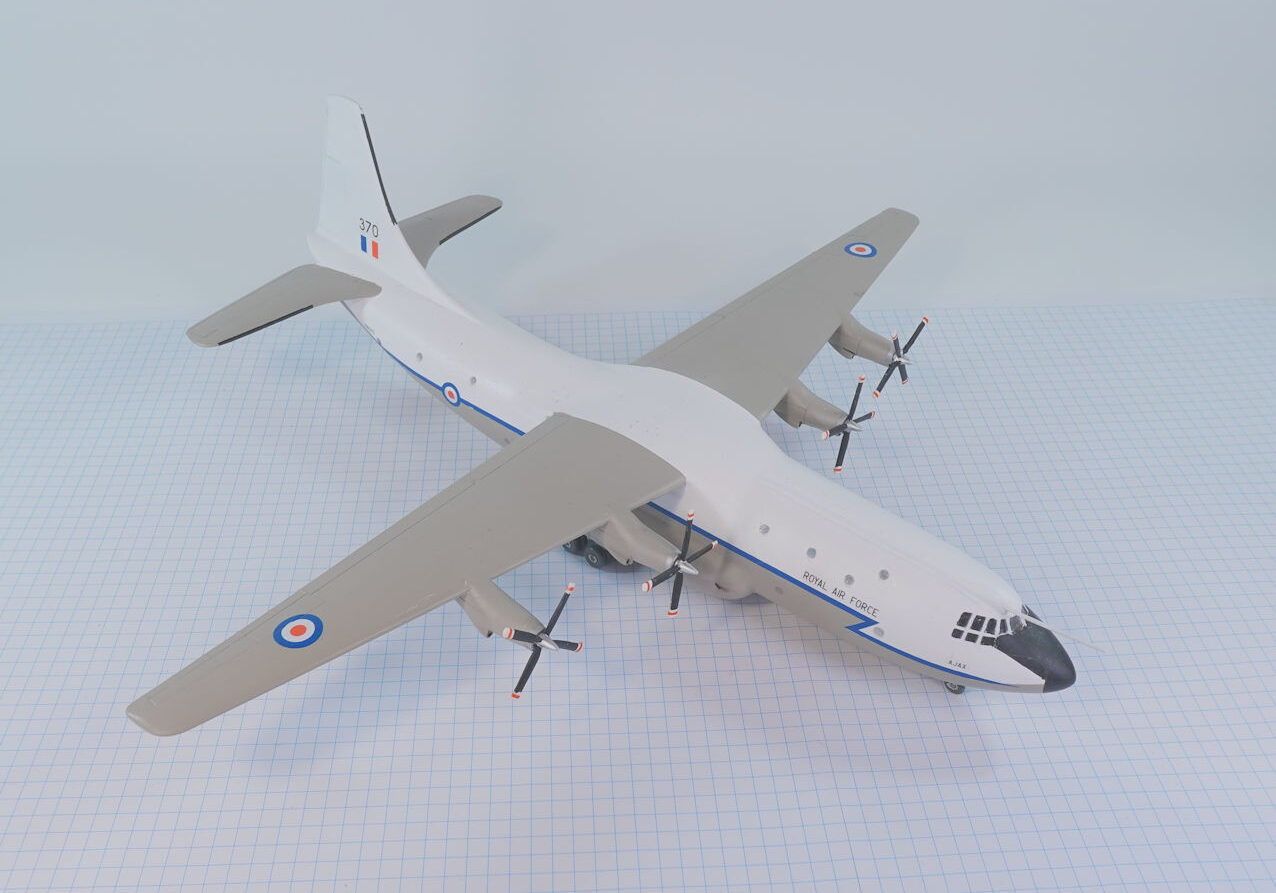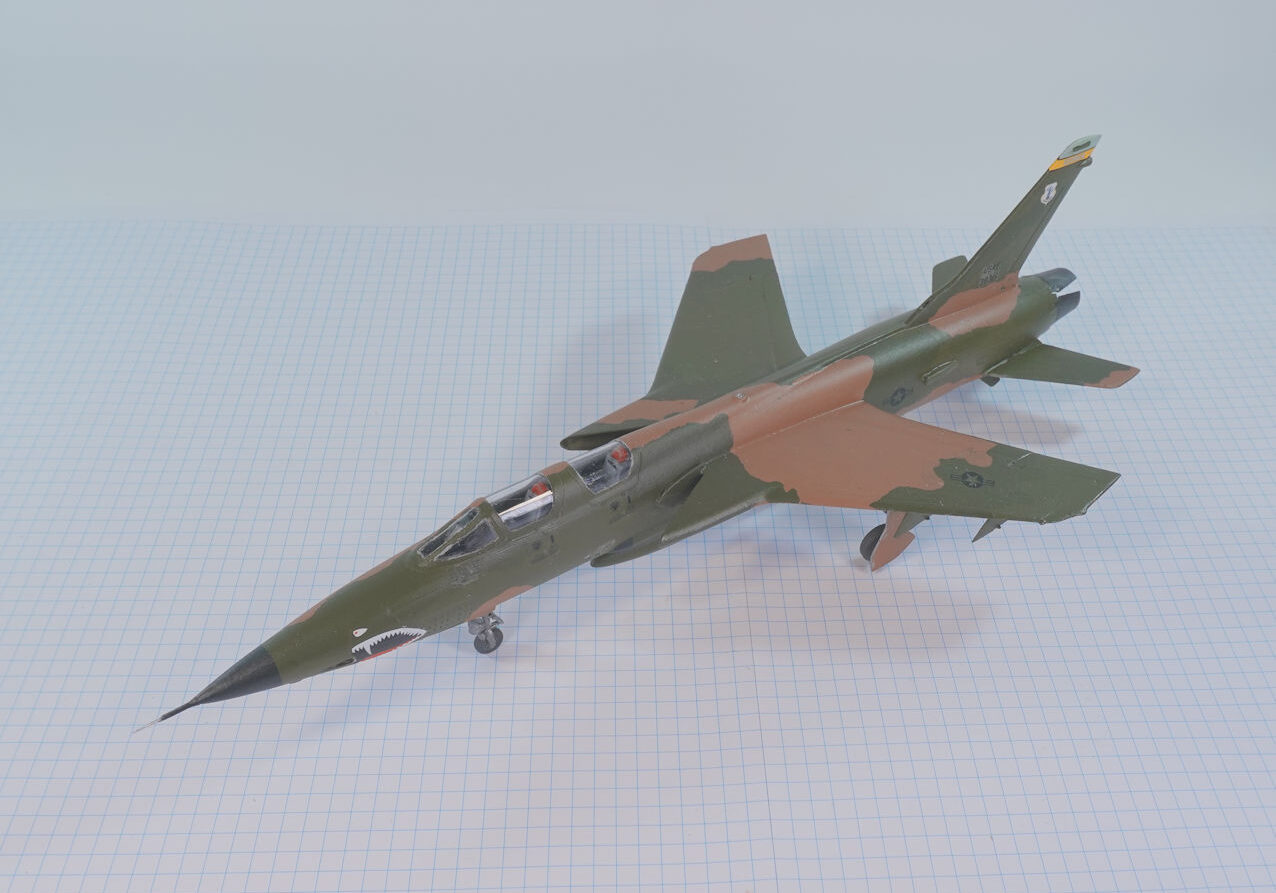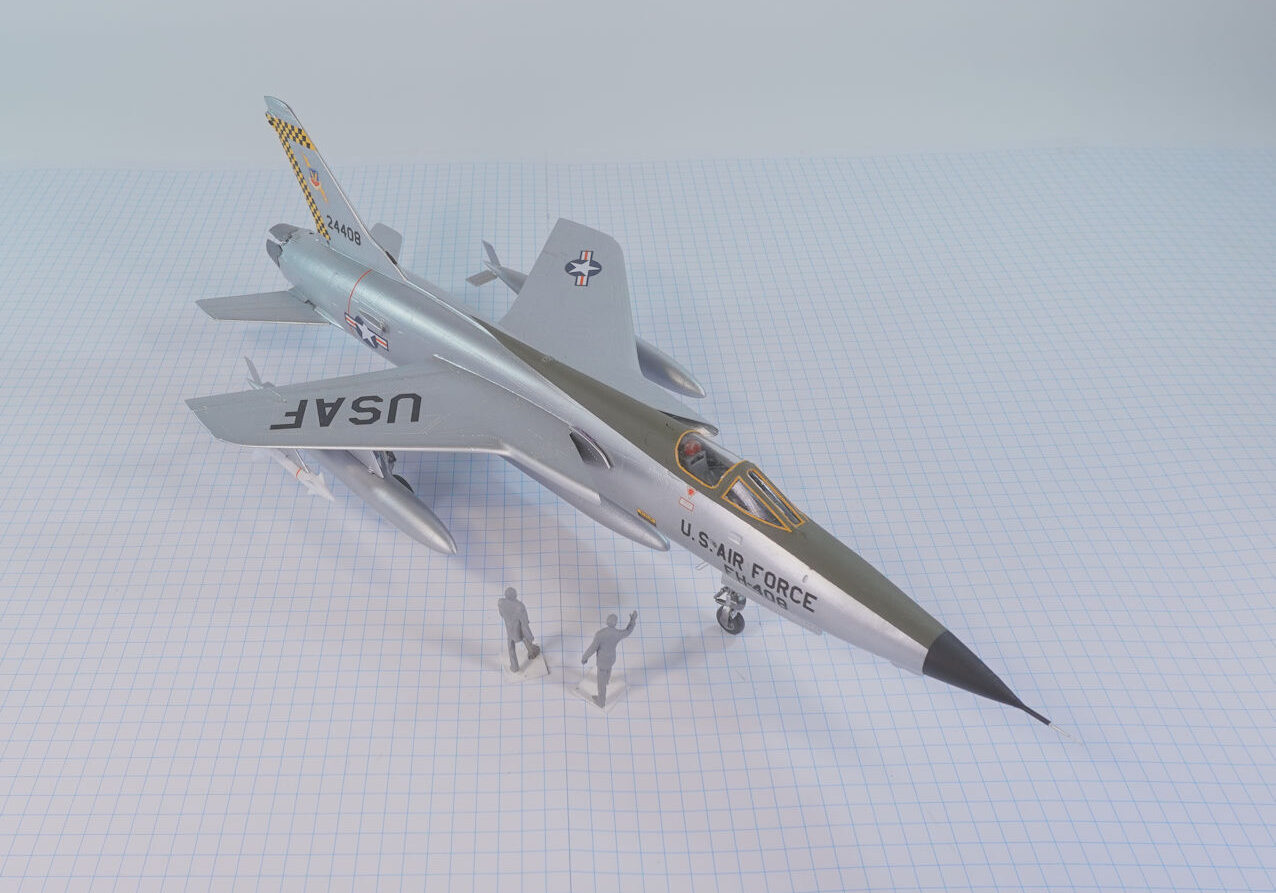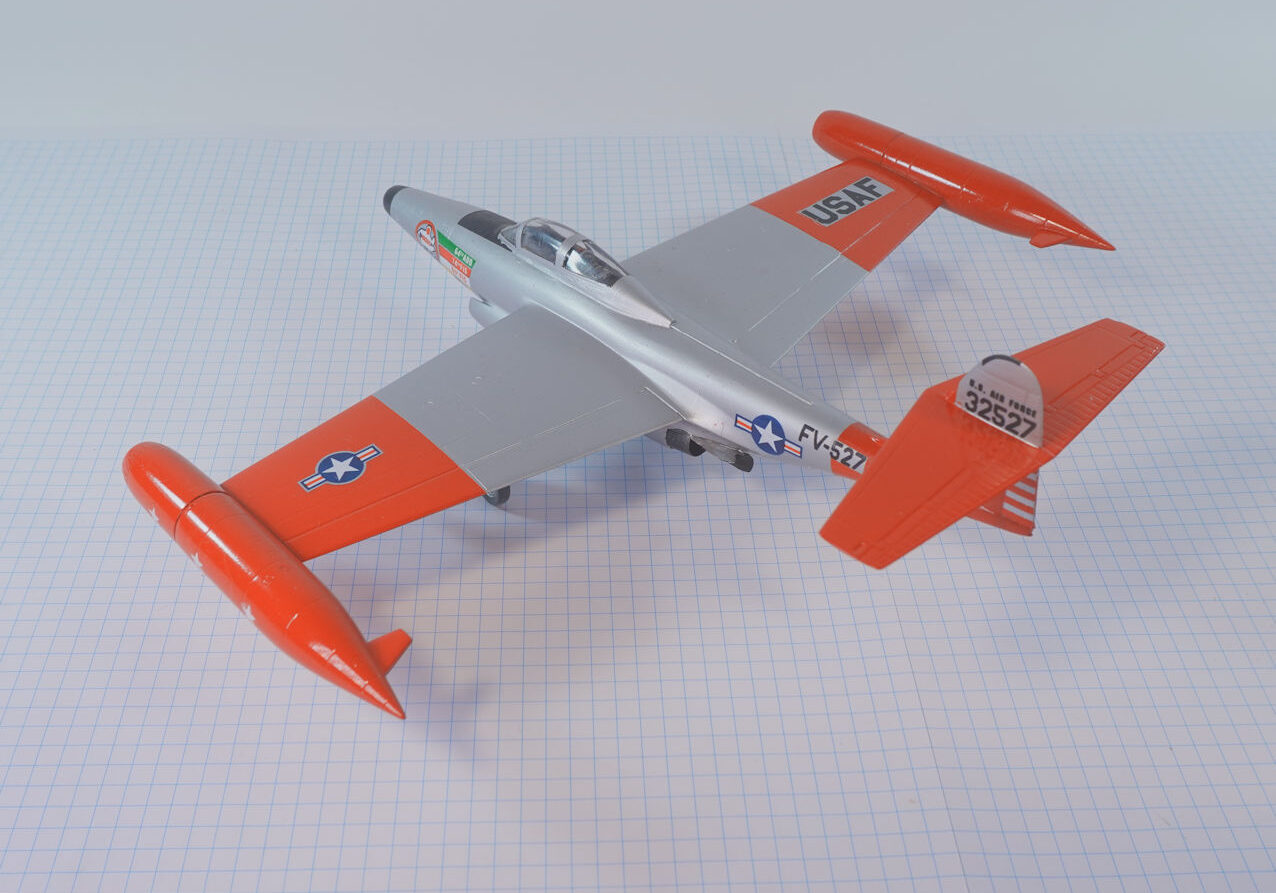History
The Bristol Bulldog was a British fighter that began entering service at the end of the 1920s and remained in service for most of the 1930s. The Royal Australian Air Force took delivery of eight in 1930.
The Bristol Bulldog was designed for the Royal Air Force (RAF) as an interceptor fighter.
Development began in the mid 1920s and the prototype flew for the first time on 17 May 1927.
It was tested in competition with aircraft from other companies and selected over a Hawker design mainly because it was easier to maintain.
Initially 25 were ordered for production but eventually 443 were maunfactured for the RAF and other air forces and most were withdrawn from front line service by the end of the 1930s.
The RAAF took delivery of eight Bulldogs in 1929 and used them through the 1930s too.
This model represents Bristol Bulldog A12-2 flying with 2 Squadron, RAAF, in April 1938.
Data: fighter. Engines one Bristol Jupiter VIIF 9-cylinder air-cooled radial engine of 370kW. Wing span 10.31m. Length 7.67m. Maximum take-off weight 1.583kg. Maximum speed 286Km/h. Armament two 7.7mm machine guns and four 9kg bombs. Crew 1.
Airfix 1/72 kit with Red Roo decals completed by Leigh Edmonds in December 2023.
